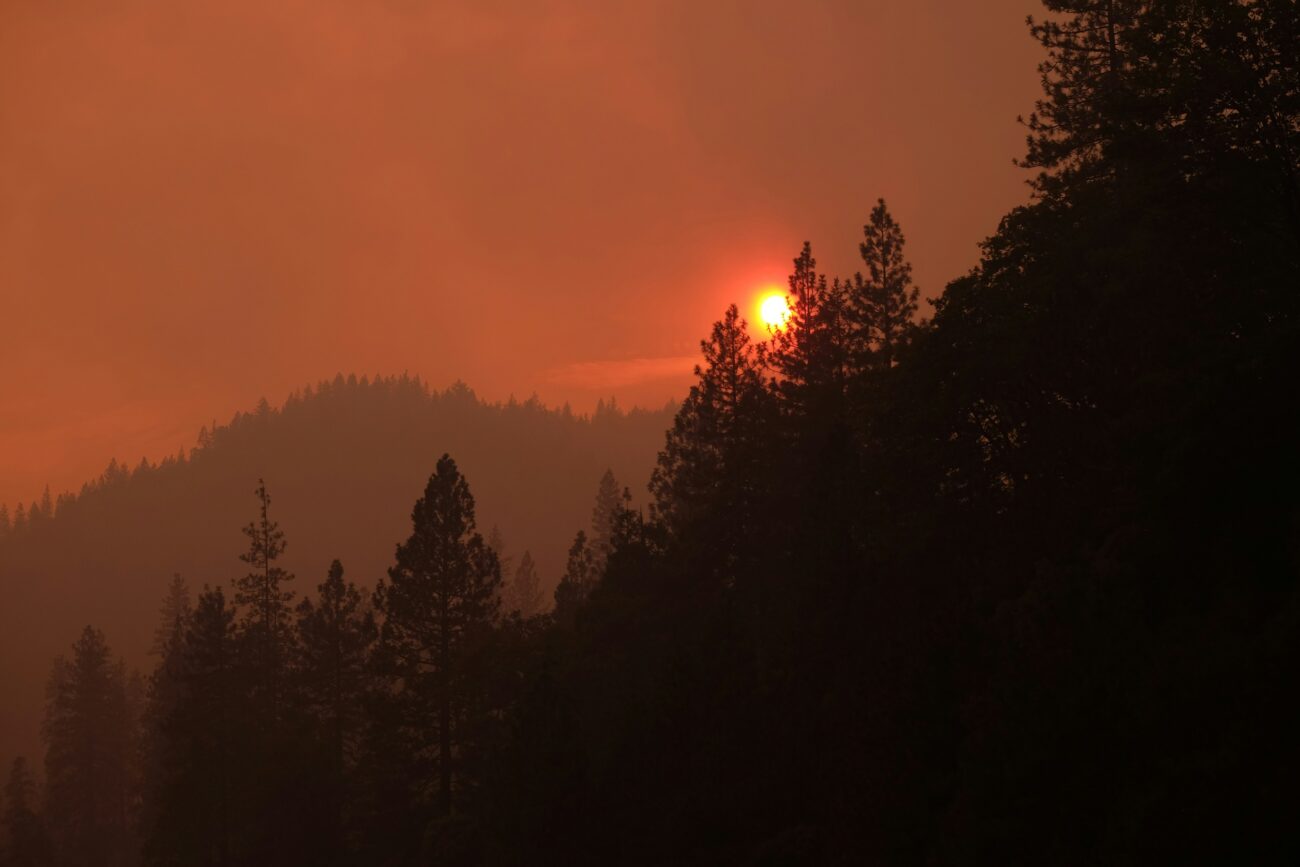
"When wildfires sweep through neighborhoods, insurance is often the last line of defense. But increasingly, that defense is disappearing. Recently, the insurance industry has responded to severe climate risks by withdrawing coverage from higher-risk areas. Between 2016 and 2023, nearly 70% of global disaster losses went uninsured, representing up to$260 billion in losses each year. The gap is growing, and with it, the vulnerability of communities already on the front lines of climate change."
"Insurance does not have to be just a payout after a tragedy. When designed thoughtfully, it can act as a lever for resilience. One example is the African Risk Capacity, which pioneered satellite-based index insurance, tying payouts to environmental data. In February 2017, as pastoralists across Kenya's arid north braced for another brutal dry season, the Kenya Livestock Insurance Program stepped in, sending payouts of nearly Ksh 215 million (about US $2.1 million) to thousands of families, based entirely on satellite-monitored grazing conditions."
"Our capstone project, for the M.A. in Climate and Society at Columbia Climate School, explored how insurance can be more than a safety net. We collaborated with R2 Resilience, a pre-seed company that seeks to innovate in the commercial property sector by identifying top adaptation measures that can both reduce risk and expand access to insurance. Their approach is simple: If insurers reward resilience upgrades with lower premiums or better coverage, property owners are more likely to invest in adaptation."
Insurers are withdrawing coverage from higher-risk areas in response to severe climate risks, leaving growing shares of disaster losses uninsured. Between 2016 and 2023 nearly 70% of global disaster losses went uninsured, representing up to $260 billion annually. Insurance can function as a lever for resilience when tied to objective triggers and incentives for adaptation. Satellite-based index insurance, as used by the African Risk Capacity and the Kenya Livestock Insurance Program, delivered rapid payouts based on grazing conditions. Rewarding resilience upgrades with lower premiums can expand access to insurance and motivate property owners to invest in adaptation measures.
Read at State of the Planet
Unable to calculate read time
Collection
[
|
...
]